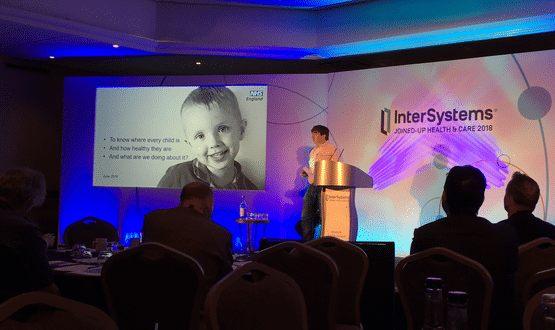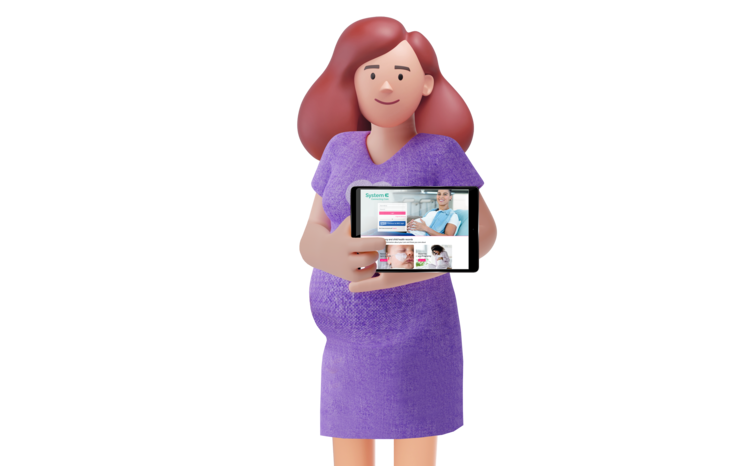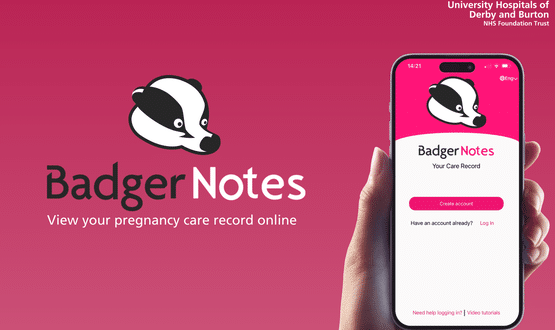Digital redbooks will ensure the NHS “knows where every child is”
- 6 July 2018

One of those leading the acceleration of the digital redbooks programme has said it will ensure professionals “know where every child is and how healthy they are”.
Speaking at Intersystem’s “Joined up Health and Care” event on 26 June, Philip Graham, digital programme lead at Healthier Lancashire and South Cumbria ICS, spoke about the project – which will be extended across London and accelerated in two other areas (Lancashire and South Cumbria, Bristol and South Gloucestershire) – prior to being introduced nationally as part of the Digital Child Health Programme.
The work forms part of NHS England’s Empower the Person agenda, a roadmap for digital health and care services.
The project in Lancashire and South Cumbria, which is supported by Intersystems’ HealthShare, involves digitalising the redbook, which is familiar to all parents as it is where they record and manage information about their child’s health.
Graham explained how birth is where a person’s informatics journey starts and that technology such as the digital redbooks can help with population health management and child protection, coining the phrase “from sperm to worm”.
“With technology we can get the information in the redbook to more people, mums, dads and grandparents,” he said.
“There is also the power to take it away as well if the child is taken into care.”
This control over the information in the redbook, Graham added, will ensure that no child goes “missing” from the system.
Part of the technology involves Fast Healthcare Interoperability Resources (FHIR), which is a messaging standards framework designed to promote interopobility with Intersystems acting as an “exchange” for sent messages.
Graham explained how the system, which he has dubbed the “FHIR engine”, allows information to be shared between GPs, health visitors and other health services involved in the care of children depending on whether are legitimately subscribed to receive it.
Speaking to Digital Health News after his session, Graham also spoke about how the “little data feeds the big data” and vice-versa “it’s all about the data” he added.
He also said that data privacy, which he believes to be a “concern for patients” must be managed through “thorough communications and engagement” with parents and carers to ensure that the public understood the benefits and trusted that their information would be used “to improve their children’s health”.




